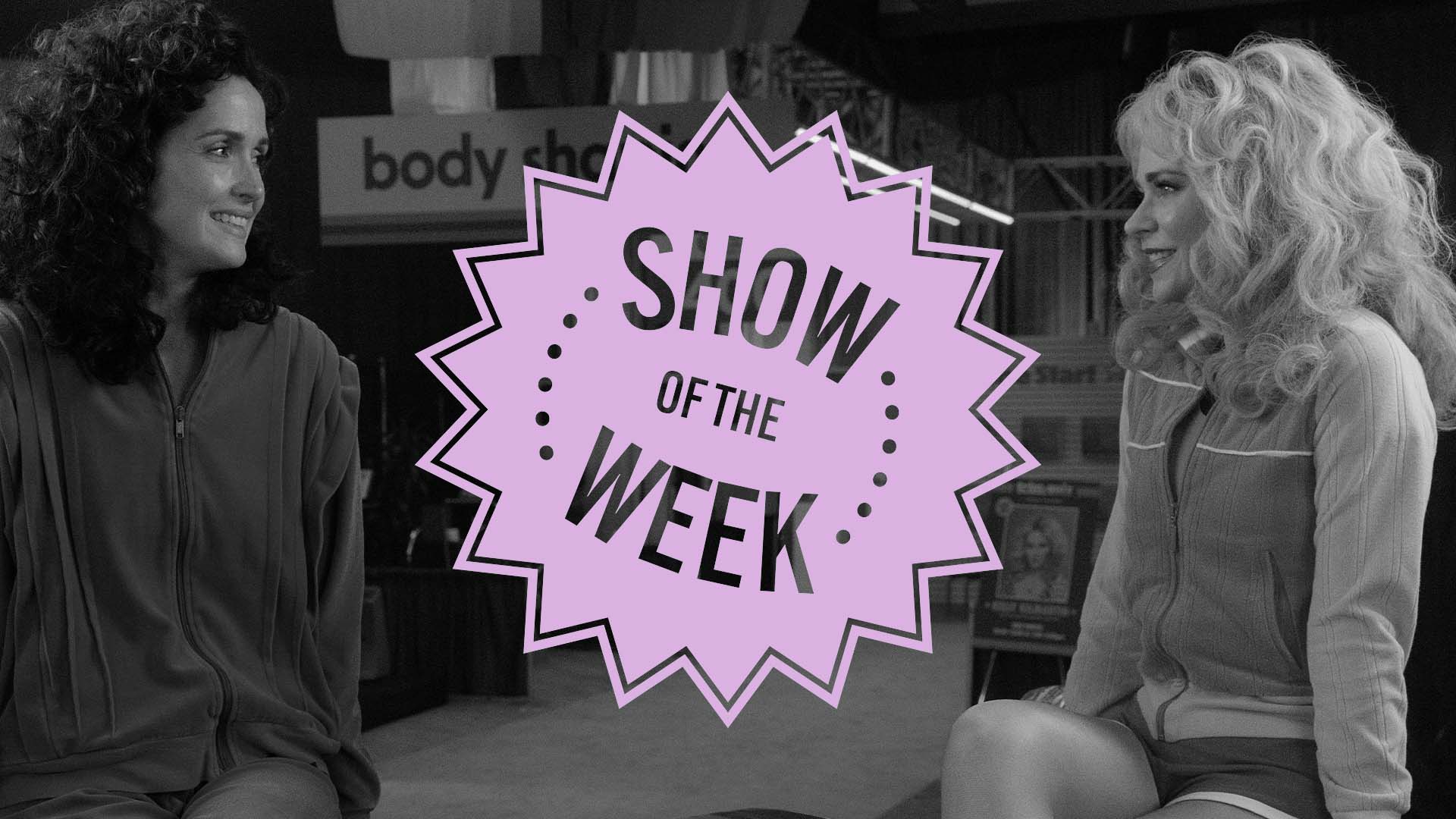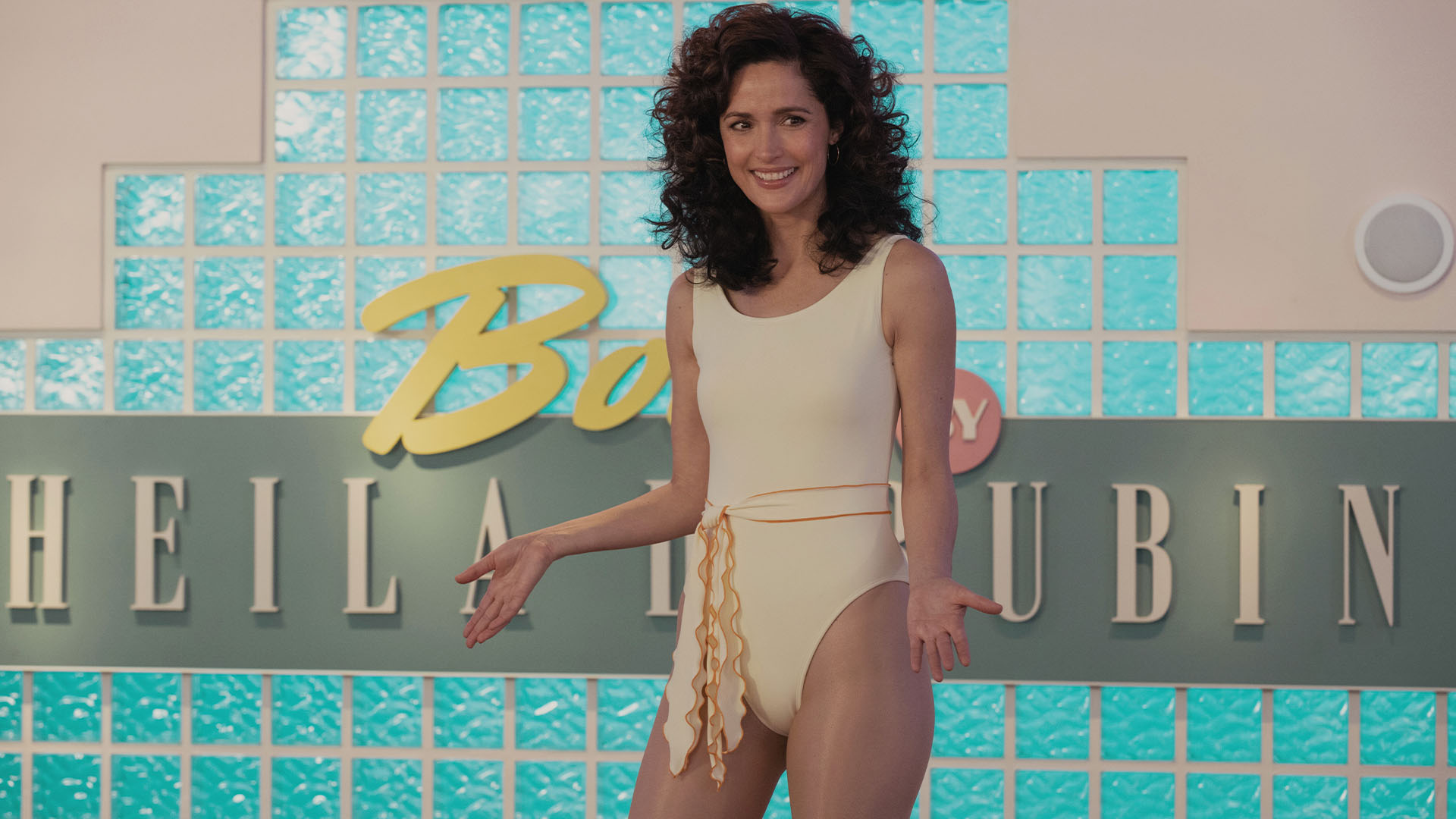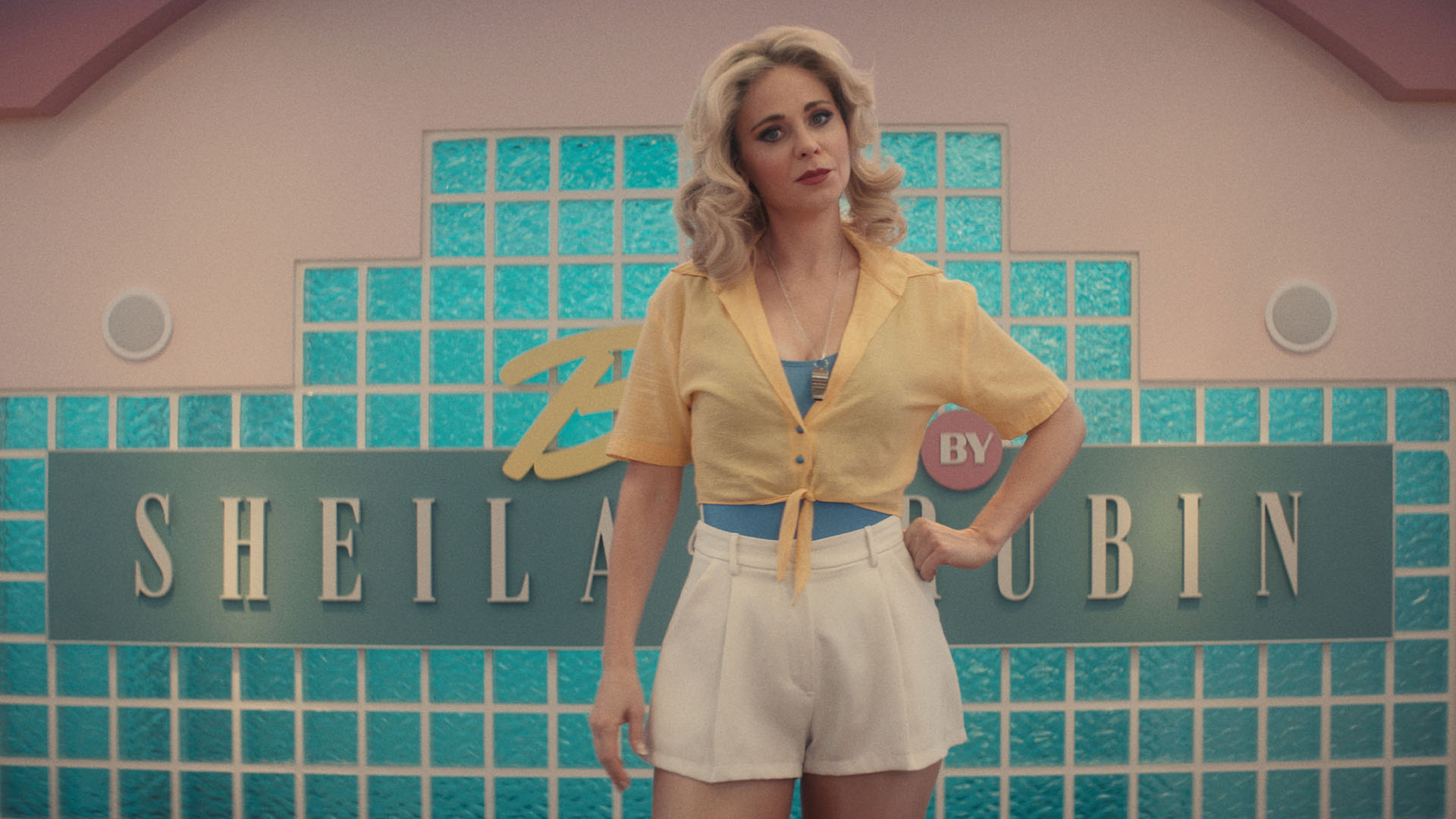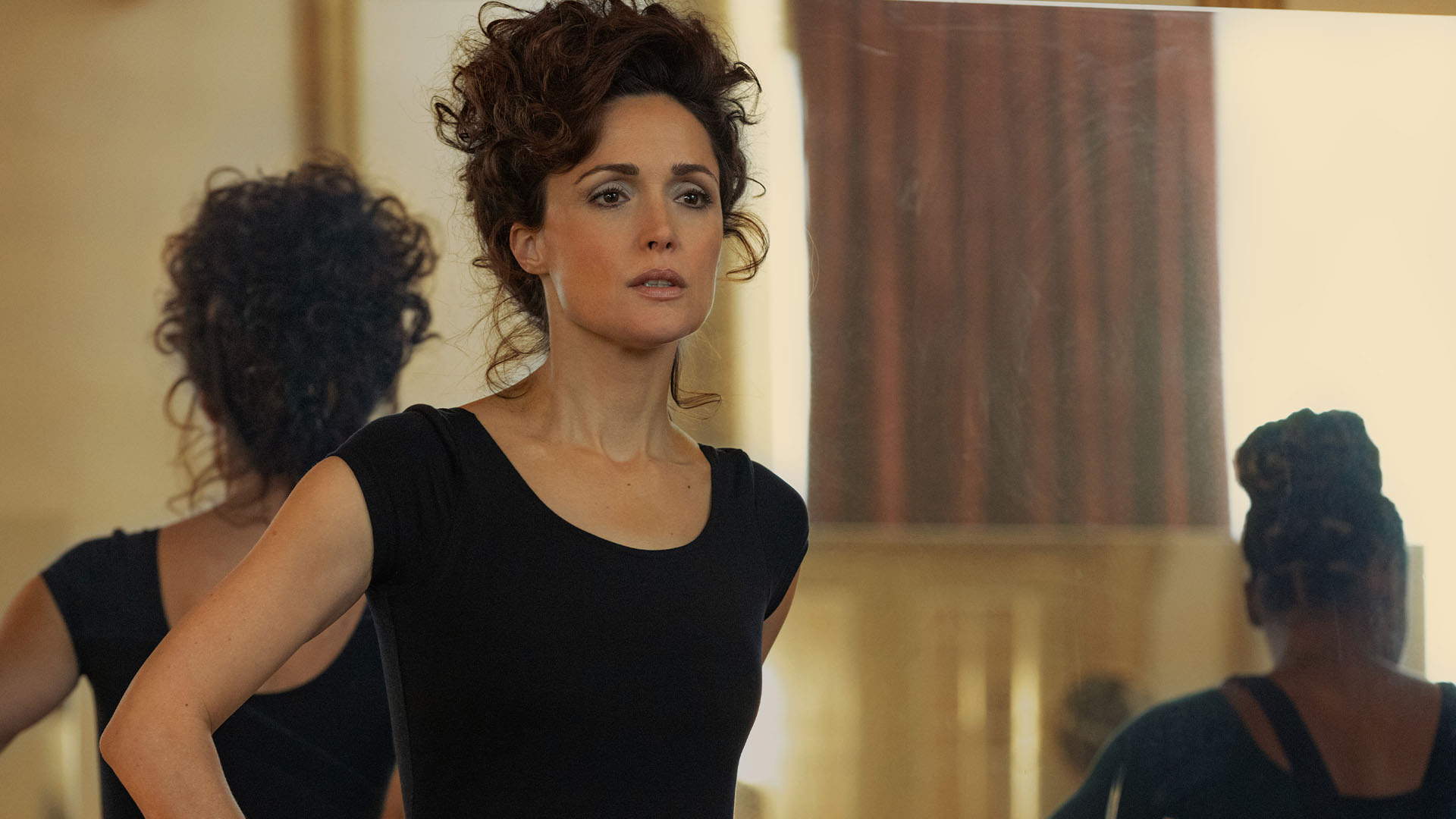The critical voice inside Rose Byrne’s head in Physical is gone. So what happens next?

We’re all drowning in content—so it’s time to highlight the best. In her column, published every Friday, critic Clarisse Loughrey recommends a new show to watch. This week: The final season of 1980s self-improvement comedy-drama Physical.
Our lives don’t come with finales. We live and live and live. Then we fall sick, get into an accident, or simply slip away from life. If we triumph, our story doesn’t end there. We must step off the podium. Go home. Sleep. Awake. Continue on as we did before. Some stories may choose to lean into that sense of falsehood. They offer us comforting fairytales where hurdles are temporary and singular. Others have ways of hinting at what lies beyond, to unspoken chapters that our minds populate in the silence after the credits roll or the pages end.
It’s something I thought of often during the third, and final, season of Apple TV+’s Physical. It’s an odd set of episodes—both a conclusion and an epilogue to the story of a demoralised housewife turned aerobics guru Sheila Rubin (Rose Byrne). We’ve already seen Sheila embrace the financial independence and personal autonomy that comes from owning a business and caring for her own body. We’ve also seen her confront a harsh truth: that she’s spent much of her life dealing with disordered eating and poisonous self-hatred, symptoms of the deep-rooted trauma of an abusive childhood.

That would mark the end of many stories. The ultimate triumph. But those stories also (wrongly) teach us that recovery merely requires finding the solution to a problem, as opposed to vowing ourselves to a lifetime’s worth of work—even if you’re years down the line, healthy, and fully in control, that ghost of addiction will still be there, embedded somewhere deep in your identity.
In season three’s opener, we see that Sheila’s put in all the necessary time and dedication. She completes every self-improvement exercise. She locks eyes with her demons. That critical voice inside of her head is gone. So what happens next? It’s a question that feels only right for Annie Weisman’s comedy-drama to ask, as it embraces the moral mess within the permed and preened excesses of the eighties.
After a lifetime of denial, Sheila barely knows herself. She can’t even decide what her favourite flavour of cookie is. Her best friend Greta (Dierdre Friel) has achieved equal power in her marriage to Ernie (Ian Gomez), but now neither of them seems sure as to what they actually want out of their relationship. Sheila’s ex-husband, Danny (Rory Scovel), doesn’t know who he is after the divorce. Sheila’s one-time fling, Mormon mall owner John Breem (Paul Sparks), doesn’t know who he is now that he’s a father.

Not only is recovery never a straight line, but addictions can sometimes shape-shift and take on new forms. Sheila’s vindictive internal monologue is gone, but it’s soon replaced by strange hallucinations of Kelly Kilmartin (Zooey Deschanel), a sitcom star who’s hopped onto the fitness trend, and whose blond curls and soft, Southern drawl represents some kind of idealised femininity Sheila desperately craves. There’s something particularly shrewd about Deschanel’s casting—she’s an actor who’s been both accused of manic pixie dream girl pandering to the male gaze and tossed onto a pedestal of relatability. Here she toys with both sides, questioning how much perception of others is shaped by perception of ourselves.

If this were real life, and Sheila lived beyond the screen, this vision of Kelly would perhaps find ways to weasel back into her life at strange and inopportune moments. It wouldn’t have to be a relapse—maybe just a flash of doubt, the briefest whisper of old insecurities. But this is television. And this is, most importantly, the final season of a show that’s rooted itself in humanity’s inconsistencies.
So it feels as if Weisman almost has no choice but to betray her own principles. Physical‘s conclusion doesn’t feel as satisfying as what’s come before, because its narrative duties mean it must allow Sheila some form of triumph. And so past cruelties are forgiven, even if she doesn’t deserve that mercy. And success is granted with no lingering sense of the true cost. Maybe that doesn’t matter. So many of us have been Sheila, at some point or another, that we might instead be able to finish the story ourselves.

















